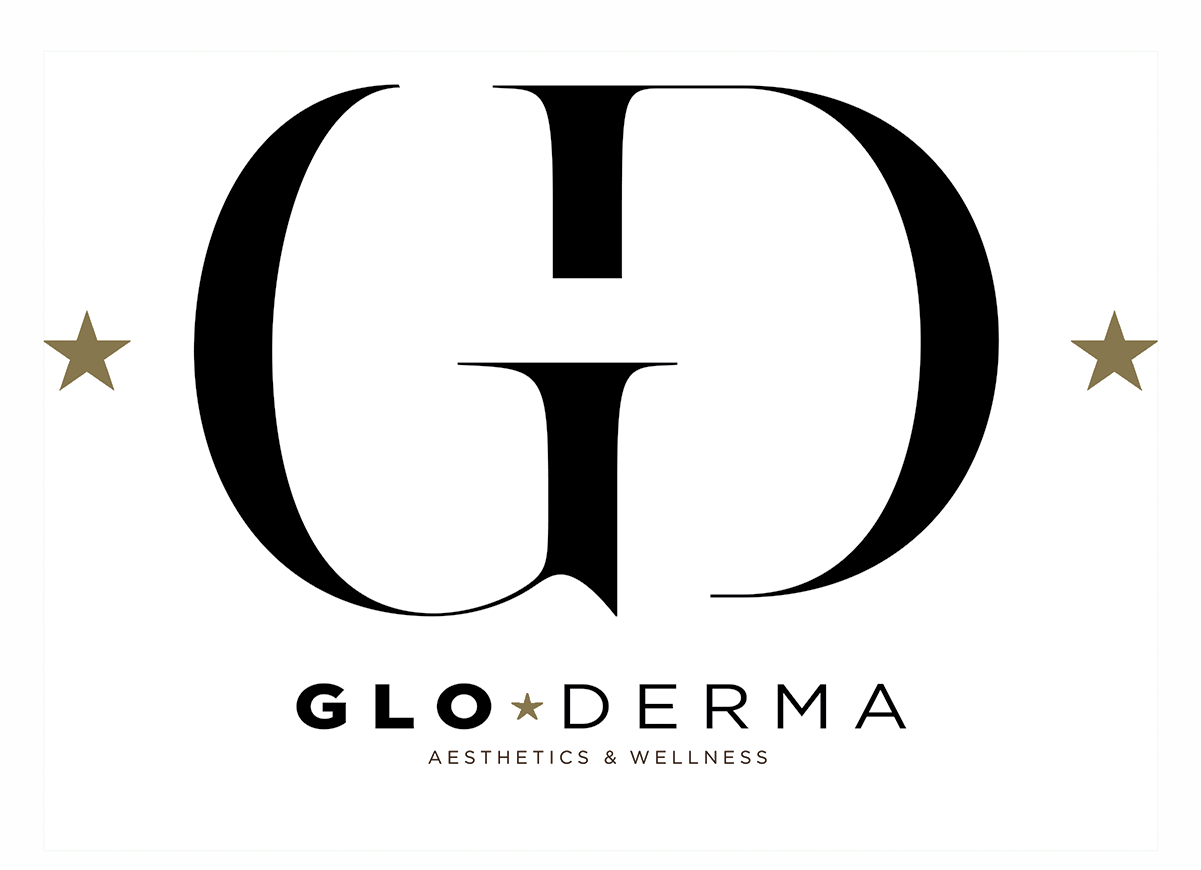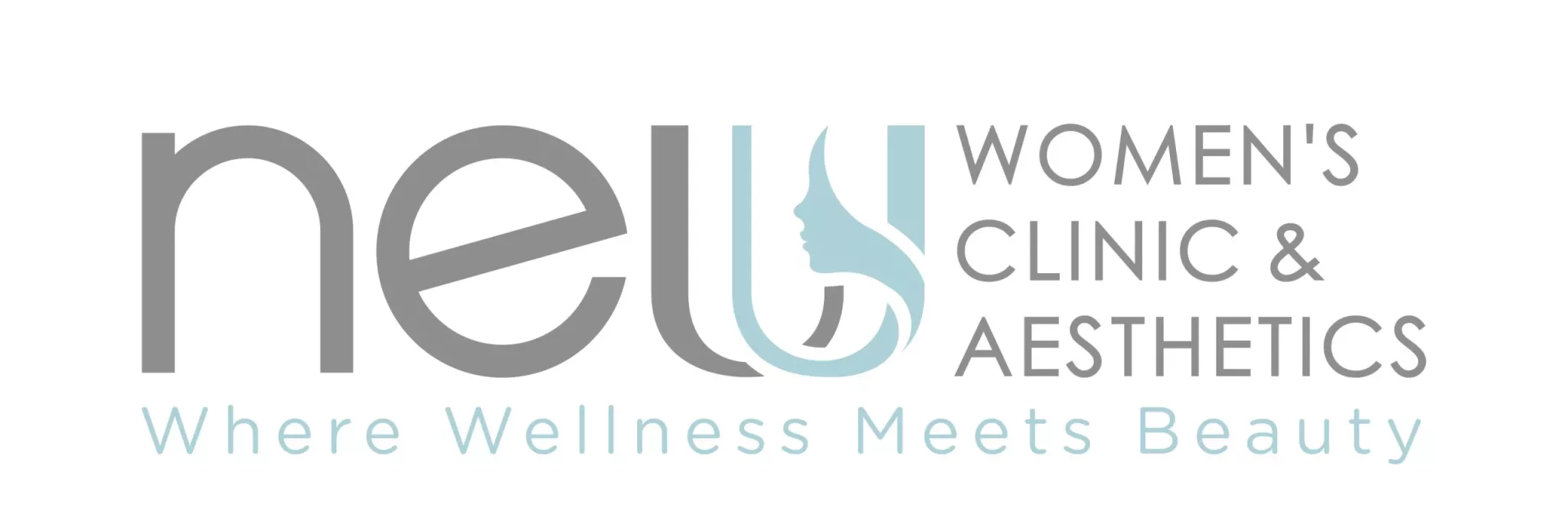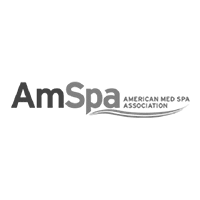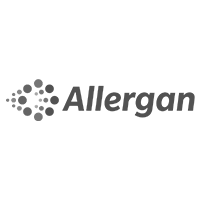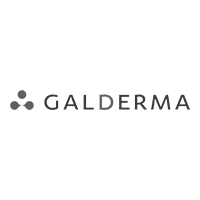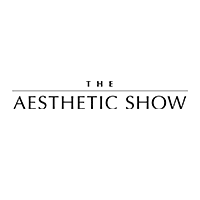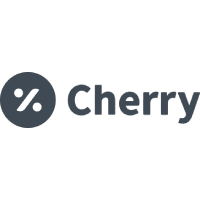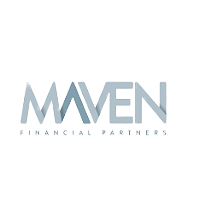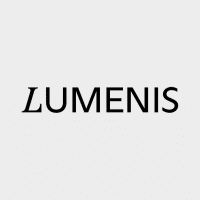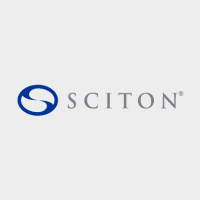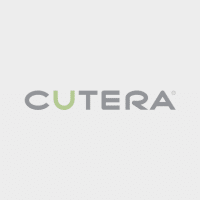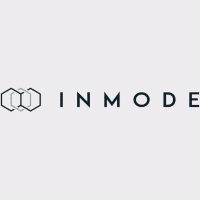
Medical spas and medical aesthetic practices are some of the fastest-growing industries. This is mainly because noninvasive treatments have dominated the market, and new technology and a swell of younger patients will only increase demand. Even though this profession is booming and improving, there is a drawback: more competition. Traditional methods of promoting your med spa and cosmetic services are no longer sufficient to maintain the loyalty of current patients and attract new ones. The changing demographics and current trends necessitate this shift. How many individuals who use the internet every day do you think are still increasing despite how widespread it has become?
Service Engine Optimization (SEO)
You can now send personalized; high conversion marketing messages may now send personalized, high-conversion marketing messages to a highly-targeted audience using digital marketing channels like Facebook Ads and Google Adwords. In addition, digital marketing is typically more cost-effective than traditional advertising, and it allows you to monitor and adjust your strategy as needed. With the ability to keep up with and take advantage of current social media trends, digital marketing has become increasingly important for medical aesthetics companies. Using this tool, businesses can stay on top of the latest social media platform additions, produce fresh ideas for attracting aesthetic patients, and publicize content to reach their target better demographic. SEO (Search Engine Optimization) has become an increasingly important skill for those in the aesthetics industry to learn. A firm’s online visibility is determined by SEO, or search engine optimization, which determines whether or not the business is accessible to internet searches via search engines. You can tell the difference between making money and going under by how well your company’s website does on Google. The primary goal of digital marketing is to raise awareness and accentuate your brand’s uniqueness while boosting revenues. You must also pay attention to the quality of your marketing. Your medical aesthetics business could benefit significantly from a unique website and consistent, on-brand social media postings. You’ll need to create credibility and represent yourself as an industry authority in your online aesthetician marketing and branding efforts. The first question you need to ask yourself is whether or not you can be found on search engines.
Websites
Potential patients are more likely to look for local physicians and healthcare services on the internet. Increasingly, patients are taking control of their health. As a result, they are becoming more concerned with developing familiarity with, liking, and trusting a possible clinic before walking through the doors or scheduling an appointment with them. Making improvements to your patients’ experience on your website will result in a significant rise in patient leads as well as patient retention. Mobile-friendly and interactive elements are essential for your website design, as are personalized features and fast page load times.
CRM
Customer Relationship Management, or CRM, is a concept used in most businesses, including the medical spa industry. A customer relationship management system (CRM) is built so that different healthcare institutions and medical spas can explicitly use it in their respective operations. A well-designed customer relationship management system (CRM) will pull in data from multiple sources to provide you with a complete picture of your patient’s information. Demographics, social data, psychographics, clinical history, financial history, and contact information are some of the standard data points that a customer relationship management system (CRM) collects. By sending out targeted messages to patients, CRM can help to engage specific target populations. It can construct full patient profiles by combining various data points to complete each profile. Customer relationship management systems (CRMs) can also provide reports on the effectiveness of your engagement tactics, such as social media marketing, text messaging, direct mail, or emailing. Customer relationship management (CRM) should deliver actionable insights by analyzing various patient characteristics and contributing to lead conversion and revenue growth. The following are the top three reasons you should utilize customer relationship management software (CRM) in your medical spa.
Typically, you’ve already won half the battle when a potential patient calls to enquire, and your odds of getting them to schedule an appointment are much higher. Boost your medical aesthetics company’s internet exposure by working with Growth99 and an established digital marketing firm.
Not sure where to start? Is there anything you’d like to know? By contacting us, you’ll get the answers you need right away!





